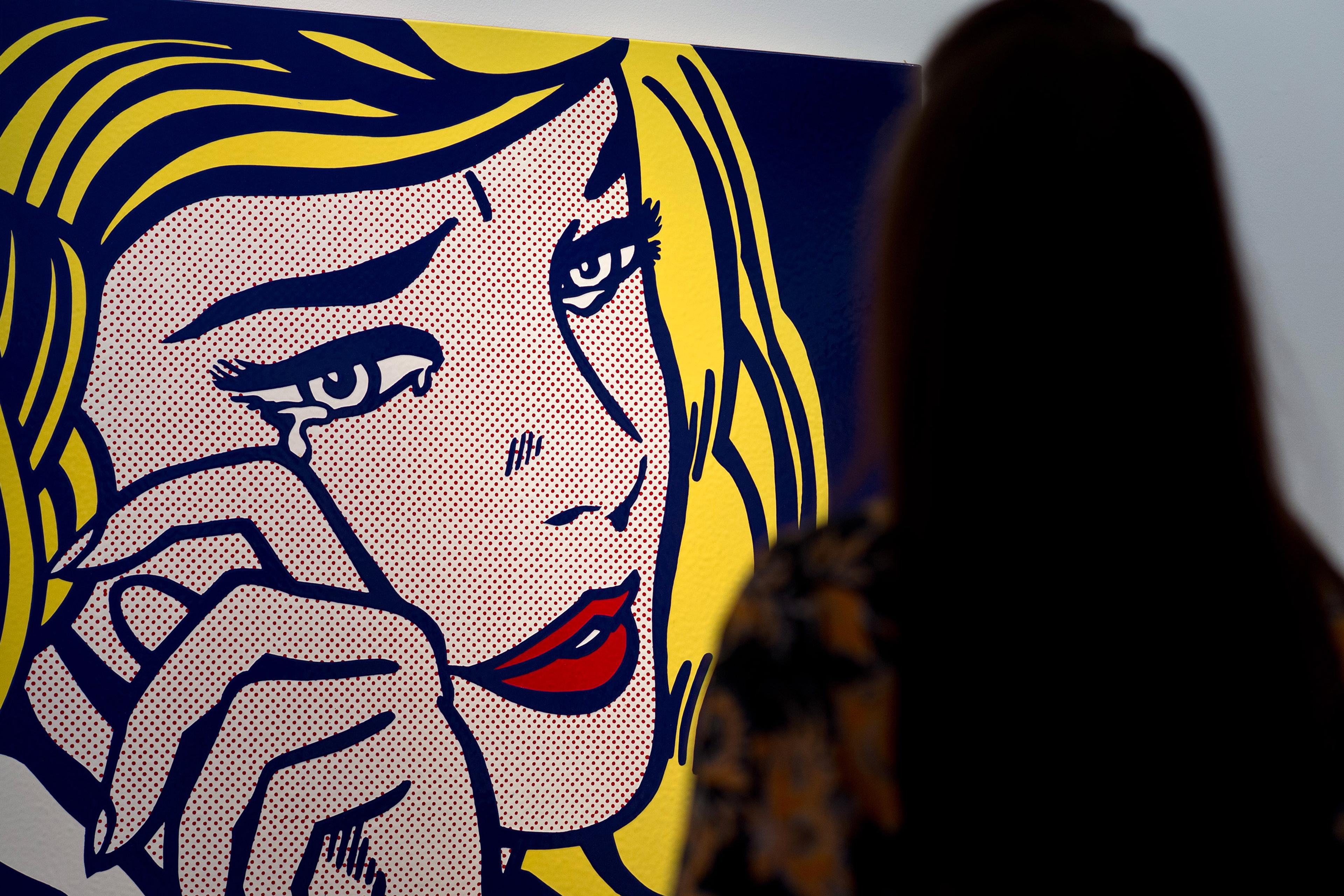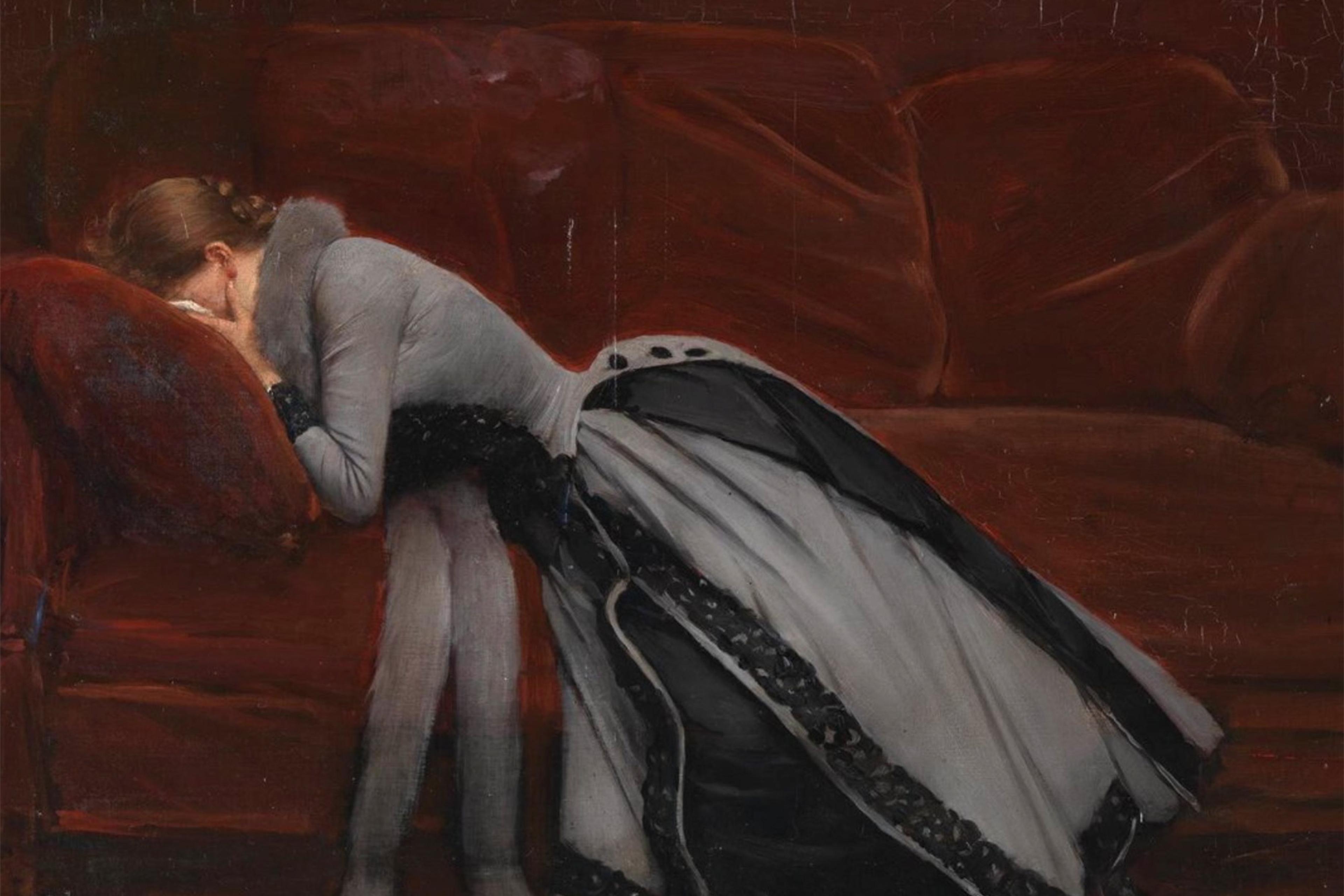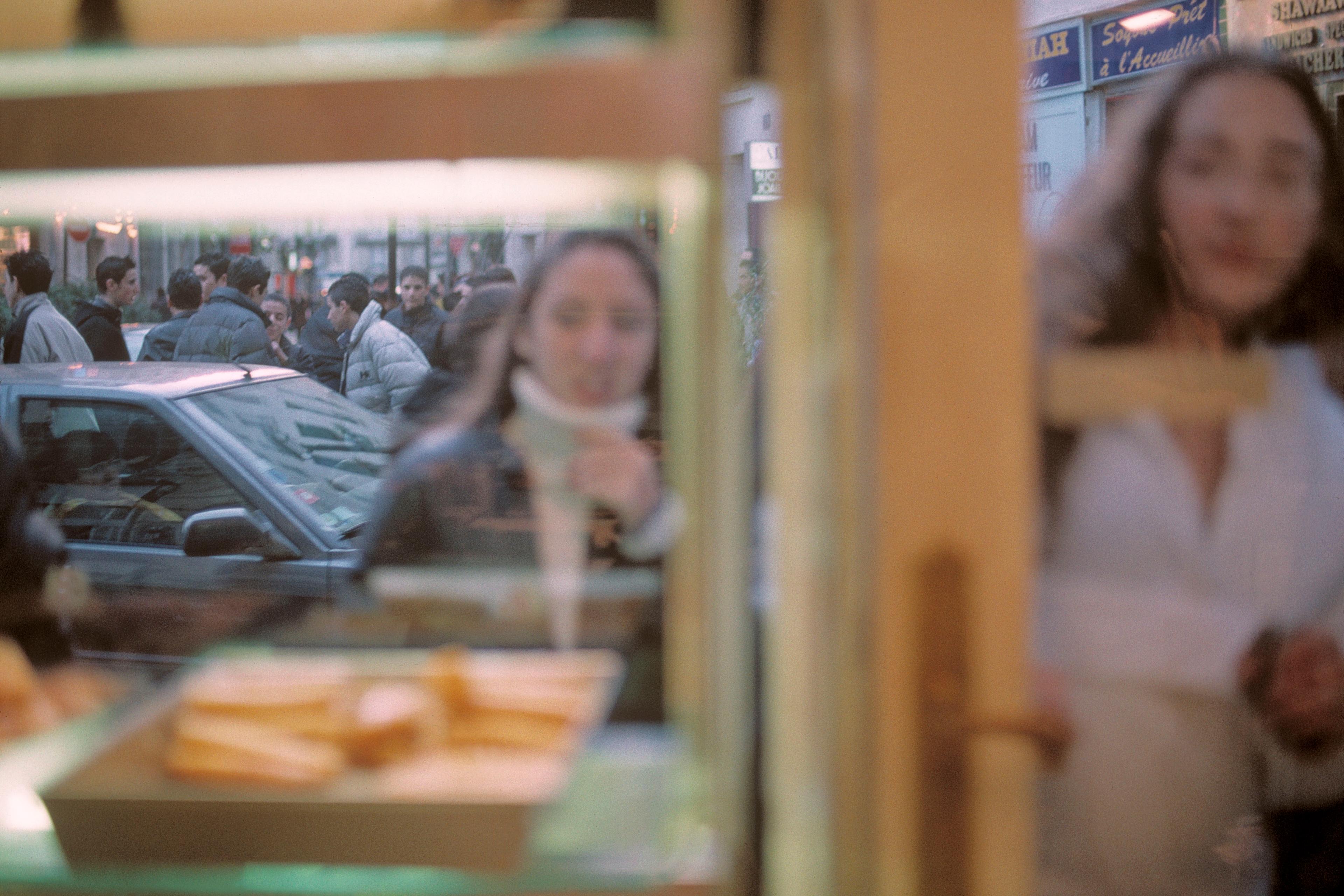
How to be indistractable
Stop blaming technology – distraction starts within. Manage your inner triggers to enjoy greater focus and a fuller life
by Nir Eyal

Stop blaming technology – distraction starts within. Manage your inner triggers to enjoy greater focus and a fuller life
by Nir Eyal

From career choices to new purchases, use René Girard’s mimetic theory to resist the herd and forge your own path in life
by Luke Burgis

You’re experiencing a profound form of grief that can make you physically ill. These steps will give you a chance to heal
by Ziella Bryars

Always blaming yourself or assuming others think ill of you? A CBT therapist shares ways to break these self-critical habits
by Joel Minden

Validation skills are not only useful for therapists. Learn them and you’ll improve your personal and work relationships
by Caroline Fleck

When your emotions become too painful and overwhelming, regain control using skills from dialectical behaviour therapy
by Sheri Van Dijk

Do you feel perpetually bad, broken or unlovable? These tools will help you relate to yourself in a fairer, gentler way
by Michaela B Swee & Susan Murray

Accept it: your self-control is weak. You’re more likely to reach long-term goals if you find ways to avoid temptation
by Laverl Z Williamson

Whether personal or professional, the sting of rejection awaits us all. These strategies can help you heal and move on
by Thomas Smithyman

Both neuroscience and psychotherapy agree that you can change your mental framework as the Stoic Marcus Aurelius described
by István Darabán


With so many approaches to mindfulness, it can be difficult to know where to start. Explore these methods to find what suits you
by Gill Johnson & Willem Kuyken

Are you going through the motions? Use these therapy techniques to set meaningful goals and build a ‘life worth living’
by Kiki Fehling

Life is unpredictable. Brace yourself with a suite of coping mechanisms, internal and external, then deploy them flexibly
by Selda Koydemir

Positive and negative emotions respond differently to ‘affect labelling’ – the act of giving a name to your feelings
by Christian Waugh

The neural basis of ‘interoception’ – the interpretation of bodily signals – is affected in many mental health conditions
by Camilla Nord